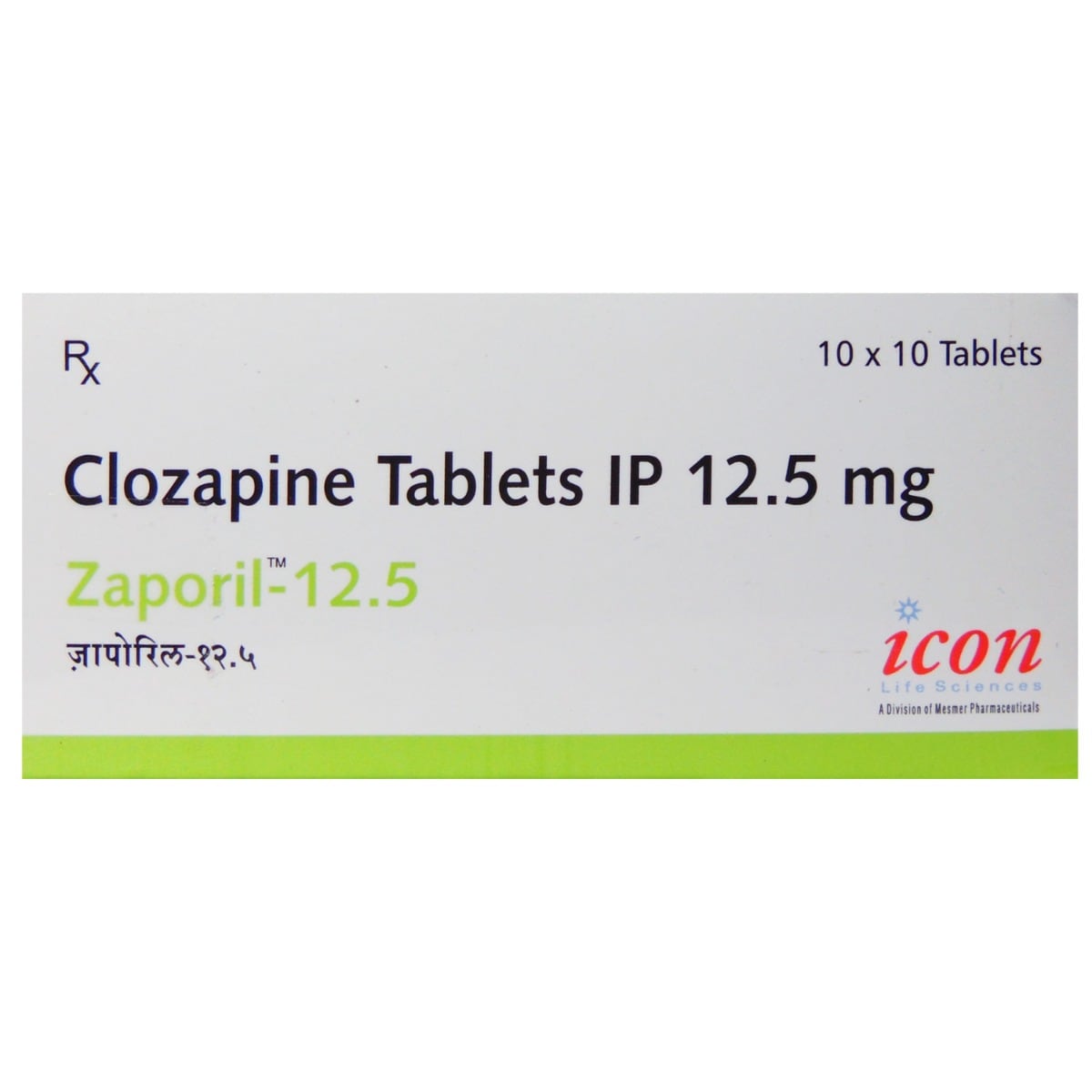Alkepin ODT 12.5 Tablet
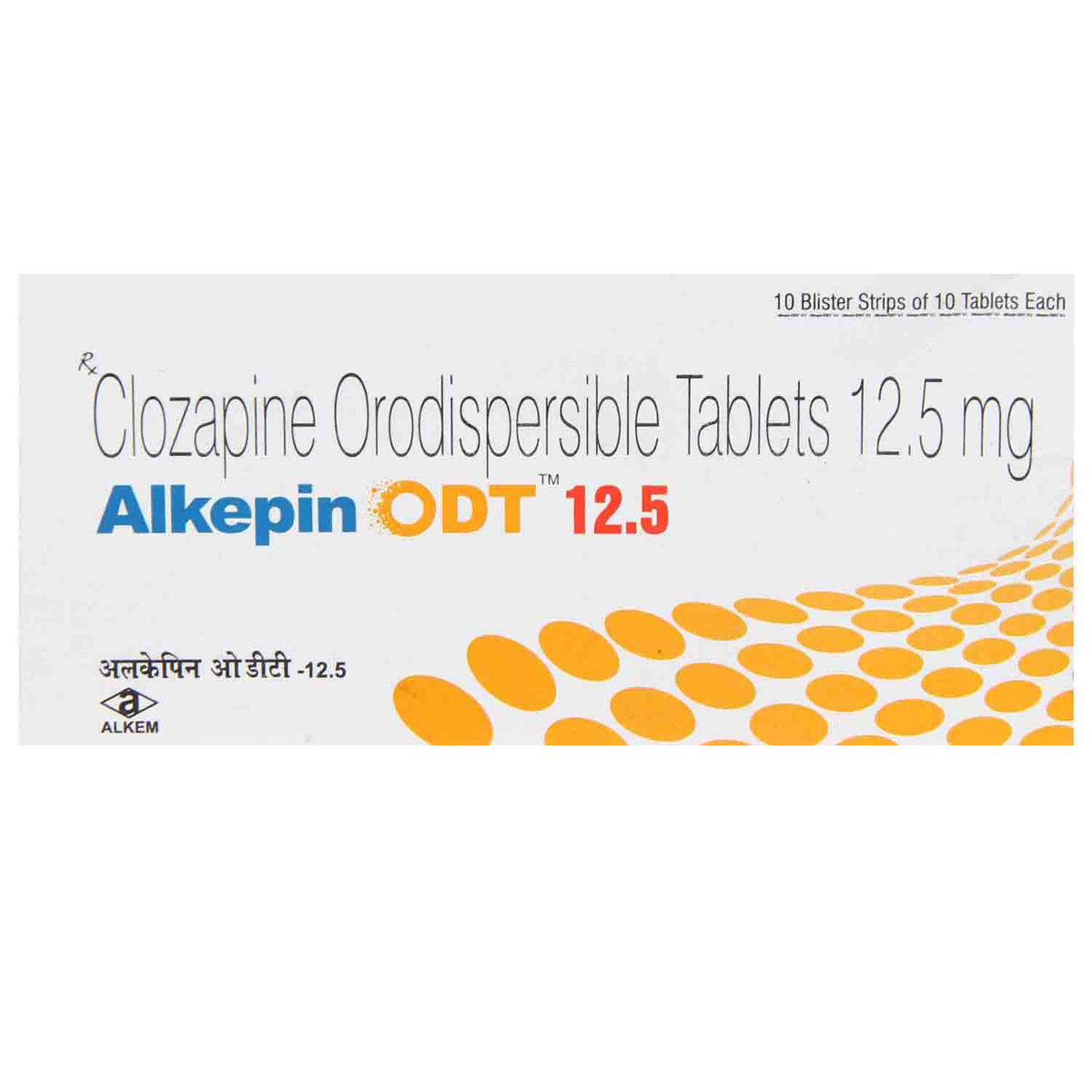
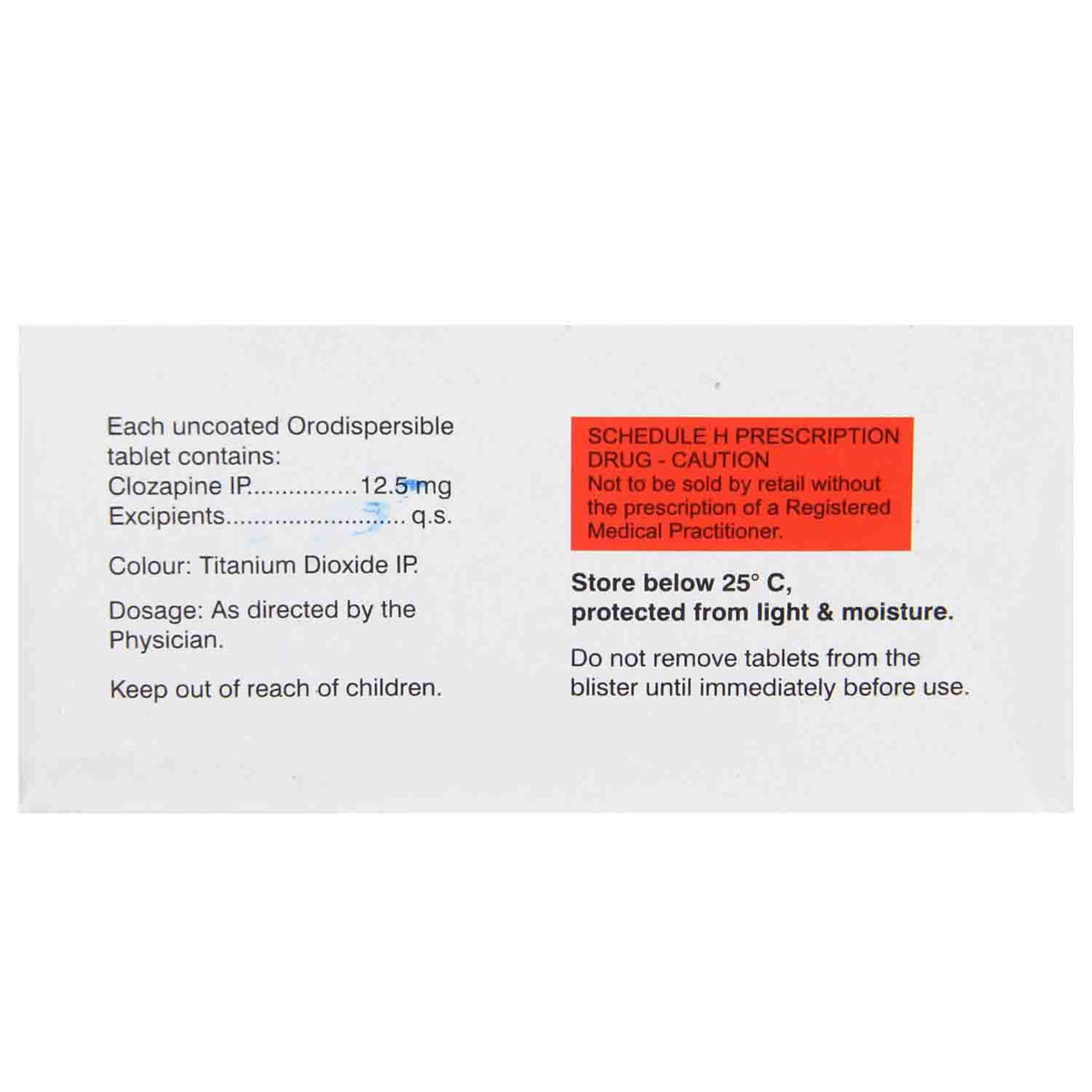
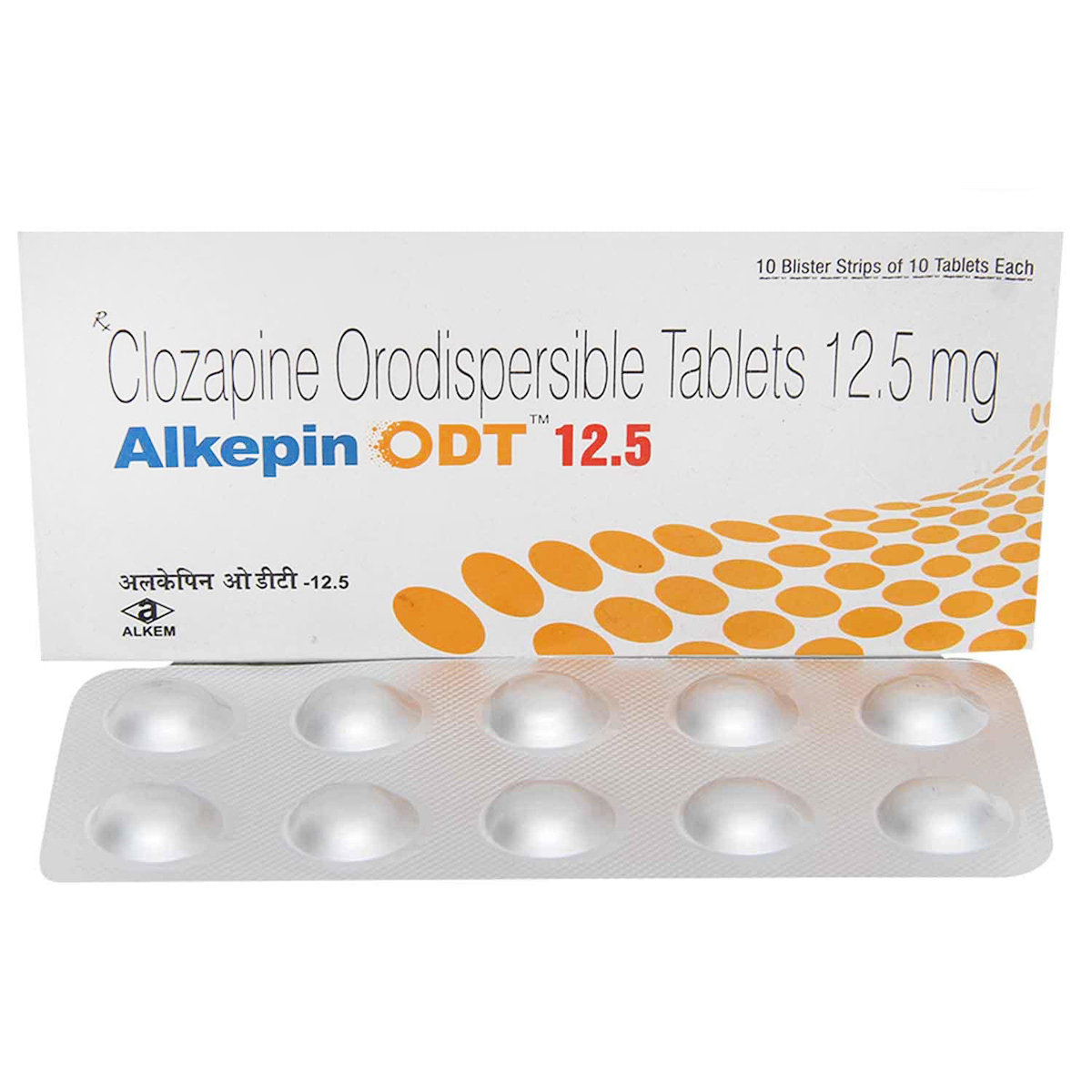
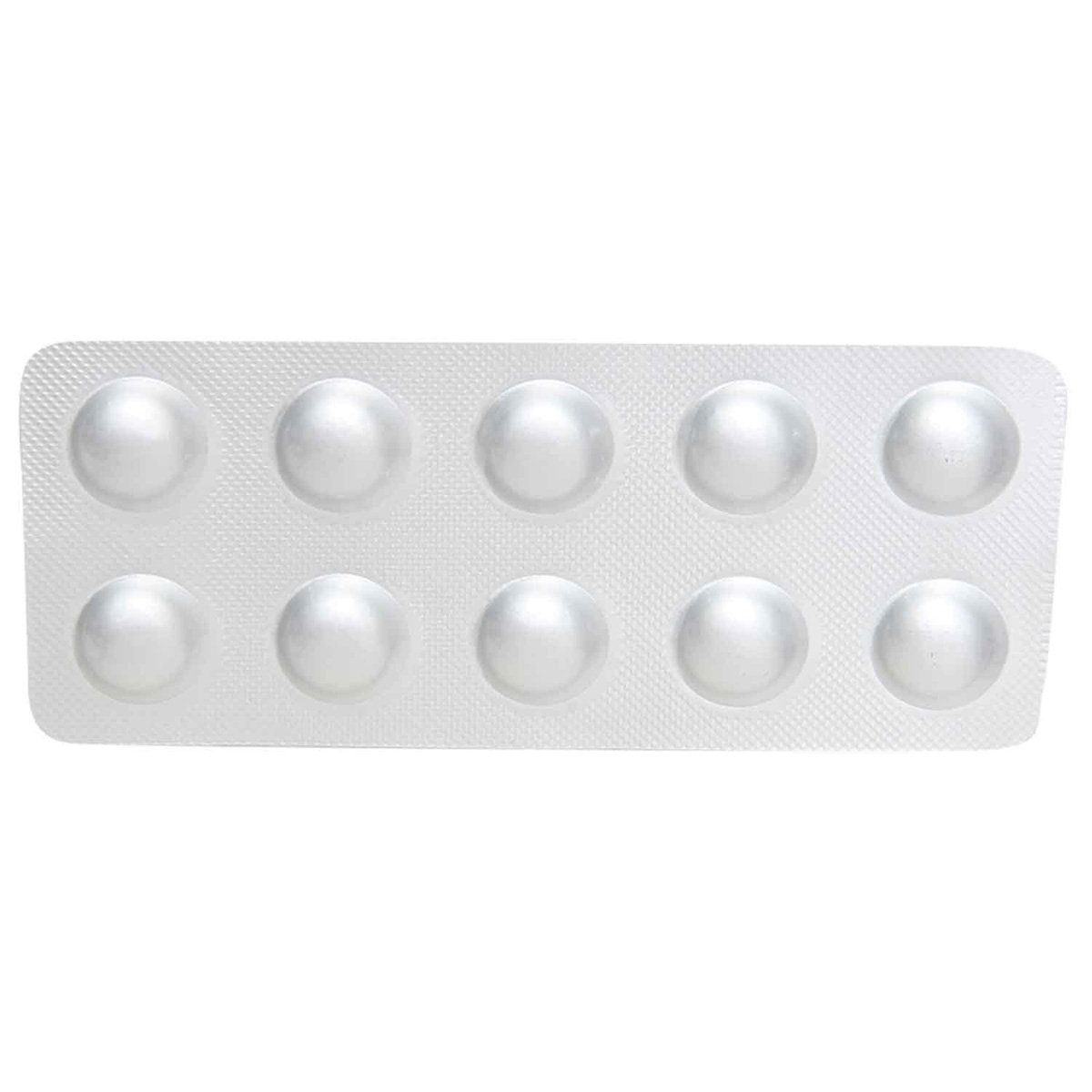
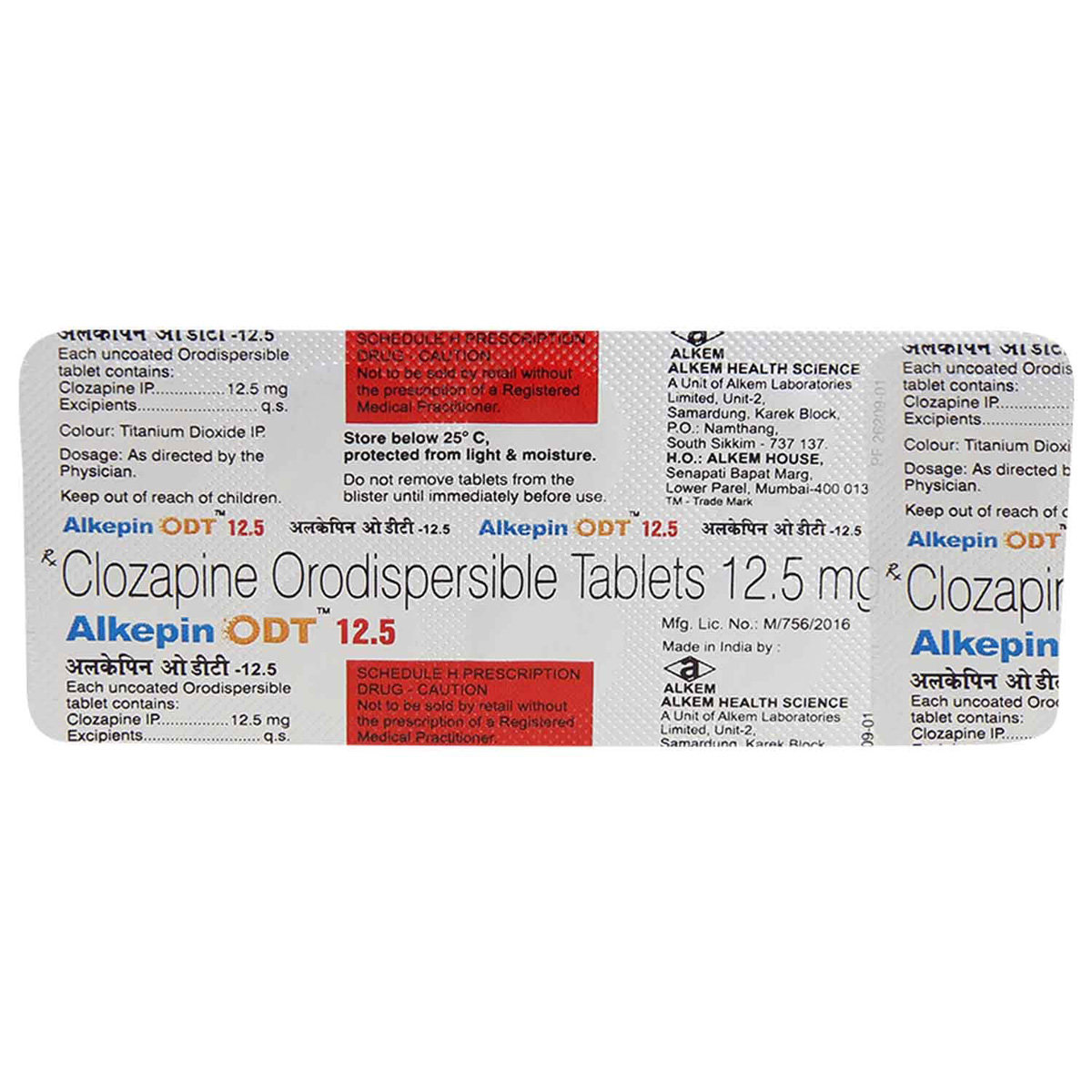
MRP ₹29.5
(Inclusive of all Taxes)
₹3.0 Cashback (10%)
know your delivery time
Provide Delivery Location
Composition :
Manufacturer/Marketer :
Consume Type :
Expires on or after :
Return Policy :

Secure Payment

Trusted by 8 Crore Indians

Genuine Products
Therapeutic Class
Country of origin
Manufacturer/Marketer address
Author Details
We provide you with authentic, trustworthy and relevant information
Disclaimer
Alcohol
Safe if prescribed
Avoid consumption of alcohol while taking Alkepin ODT 12.5 Tablet as it may cause increased drowsiness.
Pregnancy
Consult your doctor
Alkepin ODT 12.5 Tablet belongs to pregnancy category B. Please consult your doctor if you are pregnant before taking this medicine; your doctor will prescribe only if the benefits outweigh the risks.
Breast Feeding
Consult your doctor
Alkepin ODT 12.5 Tablet is not recommended for use during breastfeeding.
Driving
Safe if prescribed
Alkepin ODT 12.5 Tablet causes tiredness, dizziness and vision problems. Do not drive or operate machinery if you experience these symptoms.
Liver
Consult your doctor
Dose adjustment may be needed in patients with liver impairment. Please consult your doctor if you have liver problems or any concerns regarding this.
Kidney
Consult your doctor
Dose adjustment may be needed in patients with kidney impairment. Please consult your doctor if you have kidney problems or any concerns regarding this.
Children
Safe if prescribed
Alkepin ODT 12.5 Tablet should not be given to children as safety and effectiveness have not been established.
Product Substitutes
About Alkepin ODT 12.5 Tablet
Alkepin ODT 12.5 Tablet belongs to a group of medicines called antipsychotics used to treat schizophrenia. Additionally, Alkepin ODT 12.5 Tablet is also used to reduce the risk of suicidal behaviour in patients with schizophrenia or other similar disorders. Schizophrenia is a medical condition in which the person may feel, hear or see things that are not there, believe things that are not true, or feel unusually suspicious or confused.
Alkepin ODT 12.5 Tablet contains ‘Clozapine’, which works by blocking the effects of chemical receptors in the brain, such as dopamine and serotonin. Thus, it helps in improving mood, behaviour and thoughts.
You are advised to take Alkepin ODT 12.5 Tablet for as long as your doctor has prescribed it for you, depending on your medical condition. In some cases, Alkepin ODT 12.5 Tablet may cause side effects such as tachycardia (fast heartbeat), dizziness, headache, tremor, sweating, dry mouth, nausea, constipation and visual disturbances. Most of these side effects do not require medical attention and will resolve gradually over time. However, you are advised to talk to your doctor if you experience these side effects persistently.
Please do not stop taking Alkepin ODT 12.5 Tablet suddenly, as it might cause withdrawal symptoms. Consult your doctor if you are pregnant. Do not take Alkepin ODT 12.5 Tablet if you are breastfeeding, as it may pass into breastmilk. Avoid driving as Alkepin ODT 12.5 Tablet may cause drowsiness and dizziness. Alkepin ODT 12.5 Tablet should not be given to children as safety and effectiveness have not been established. Avoid consuming alcohol with Alkepin ODT 12.5 Tablet as it could lead to increased drowsiness and dizziness. Keep your doctor informed about your health condition and medicines to rule out any side effects.
Uses of Alkepin ODT 12.5 Tablet
Medicinal Benefits Mweb
Key Benefits
Alkepin ODT 12.5 Tablet belongs to a group of medicines called antipsychotics. Alkepin ODT 12.5 Tablet is used to treat schizophrenia and to reduce the risk of suicidal behaviour in patients with schizophrenia or other similar disorders. Alkepin ODT 12.5 Tablet works by blocking the effects of chemical receptors in the brain, such as dopamine and serotonin, thereby helping in improving mood, behaviour and thoughts. Alkepin ODT 12.5 Tablet is used to treat schizophrenia when other antipsychotic drugs are ineffective or have caused severe adverse effects. Alkepin ODT 12.5 Tablet is also used to treat psychotic disorders in patients with Parkinson’s disease when standard treatments have failed.
Directions for Use
Side Effects of Alkepin ODT 12.5 Tablet
- Tachycardia (fast heartbeat)
- Dizziness
- Headache
- Tremor
- Sweating
- Low blood pressure
- Dry mouth
- Nausea
- Constipation
- Visual disturbances
Drug Warnings
Do not take Alkepin ODT 12.5 Tablet if you are allergic to any of its contents if you have galactose intolerance, total lactase deficiency, glucose-galactose malabsorption, low number of white blood cells or if you are taking medicines that can cause low levels of white blood cells, bone marrow disorder, epilepsy, circulatory collapse (pronounced fall in blood pressure that can lead to unconsciousness), brain disorders, severe kidney disease, heart disease, liver disease with jaundice, liver failure or paralytic ileus (small intestine disorder). Inform your doctor if you have a low number of white blood cells or platelet count, orthostatic hypotension, epilepsy, enlarged prostate or difficulty urinating, glaucoma, severe constipation, diabetes, heart, liver or kidney problems. Consult your doctor if you are pregnant. Do not take Alkepin ODT 12.5 Tablet if you are breastfeeding, as it may pass into breastmilk.
Drug-Drug Interactions
Drug-Drug Interactions
Login/Sign Up
Co-administration of Metoclopramide with Alkepin ODT 12.5 Tablet can increase the risk of side effects.
How to manage the interaction:
Taking Metoclopramide with Alkepin ODT 12.5 Tablet is generally avoided as it can possibly result in an interaction, it can be taken if your doctor has advised it. Do not discontinue any medications without consulting a doctor.
When Flibanserin and Alkepin ODT 12.5 Tablet are taken together, may increase side effects.
How to manage the interaction:
There may be a possibility of interaction between Alkepin ODT 12.5 Tablet and Flibanserin, but it can be taken if prescribed by a doctor. If you notice any of these signs - like dizziness, drowsiness, fatigue, and difficulty concentrating, call a doctor right away. Do not stop using any medications without a doctor's advice.
When Alkepin ODT 12.5 Tablet is taken with Pimozide, can increase the risk of an irregular heart rhythm that may be serious.
How to manage the interaction:
Taking Alkepin ODT 12.5 Tablet with Pimozide there may be a possibility of interaction, but it can be taken if prescribed by a doctor. Call a doctor immediately if you notice any of these signs - like sudden dizziness, lightheadedness, fainting, shortness of breath, or heart palpitations. Do not stop using any medications without a doctor's advice.
When Alkepin ODT 12.5 Tablet is taken with Cisapride, can increase the risk of an irregular heart rhythm that may be serious.
How to manage the interaction:
Taking Alkepin ODT 12.5 Tablet with Cisapride there may be a possibility of interaction, but it can be taken if prescribed by a doctor. Call a doctor immediately if you notice any of these signs - like sudden dizziness, lightheadedness, fainting, shortness of breath, or heart palpitations. Do not stop using any medications without a doctor's advice.
When Ropinirole is taken with Alkepin ODT 12.5 Tablet, it may not work as well.
How to manage the interaction:
Taking Ropinirole with Alkepin ODT 12.5 Tablet is not recommended as it can possibly result in an interaction, it can be taken if your doctor has prescribed it. However, consult the doctor immediately if you experience symptoms such as drowsiness, low blood pressure, dizziness, and lightheadedness. Do not stop using any medications without consulting doctor.
When Alkepin ODT 12.5 Tablet is taken with Sparfloxacin, can increase the risk of an irregular heart rhythm that may be serious.
How to manage the interaction:
Taking Alkepin ODT 12.5 Tablet with Sparfloxacin there may be a possibility of interaction, but it can be taken if prescribed by a doctor. Call a doctor immediately if you notice any of these signs - like sudden dizziness, lightheadedness, fainting, shortness of breath, or heart palpitations. Do not stop using any medications without a doctor's advice.
Taking Alkepin ODT 12.5 Tablet and Potassium citrate (in tablet or capsule form) together can increase the risk of stomach ulcers, bleeding, and other gastrointestinal injury.
How to manage the interaction:
Co-administration of Potassium citrate with Alkepin ODT 12.5 Tablet is not recommended, as it may lead to an interaction, it can be taken if prescribed by the doctor. However, if you experience severe stomach pain, bloating, sudden lightheadedness or dizziness, nausea, vomiting (especially with blood), decreased hunger, or dark, tarry stools, consult the doctor immediately. Do not discontinue any medications without a doctor's advice.
Taking clarithromycin with Alkepin ODT 12.5 Tablet can increase the risk of an irregular heart rhythm that may be serious.
How to manage the interaction:
Although there is a possible interaction, clarithromycin can be taken with Alkepin ODT 12.5 Tablet if prescribed by the doctor. Consult the doctor if you develop sudden fainting, dizziness, lightheadedness, shortness of breath, or heart palpitations during treatment with these medications. Do not discontinue the medication without consulting a doctor.
Combining Cisplatin with Alkepin ODT 12.5 Tablet can increase the risk of neutropenia (Infection).
How to manage the interaction:
Although there is a possible interaction between Cisplatin and Alkepin ODT 12.5 Tablet, you can take these medicines together if prescribed by your doctor. If you experience symptoms such as infection, fever, chills, diarrhea, sore throat, muscle aches, shortness of breath, weight loss, or pain during urination, contact your doctor immediately." Do not discontinue any medications without first consulting your doctor.
Combining Pemetrexed with Alkepin ODT 12.5 Tablet can increase the risk of infection.
How to manage the interaction:
Co-administration of Pemetrexed with Alkepin ODT 12.5 Tablet can possibly result in an interaction, but it can be taken if your doctor has advised it. However, consult the doctor immediately if you experience symptoms such as fever, chills, diarrhea, sore throat, muscle aches, shortness of breath, blood in phlegm, weight loss, red or inflamed skin, body sores, and pain or burning during urination. Do not stop using any medications without a doctor's advice.
Drug-Food Interactions
Drug-Food Interactions
Login/Sign Up
Drug-Diseases Interactions
Drug-Diseases Interactions
Login/Sign Up
Drug-Drug Interactions Checker List
- ARIPIPRAZOLE
- OLANZAPINE
- RISPERIDONE
- QUETIAPINE
- HALOPERIDOL
- LURASIDONE
- LITHIUM
- LORAZEPAM
- ALPRAZOLAM
- BENZTROPINE MESYLATE
- DULOXETINE
- ESCITALOPRAM
- SERTRALINE
- DIVALPROEX SODIUM
- CLONAZEPAM
- LAMOTRIGINE
Habit Forming
Special Advise
- Regular monitoring of blood count is advised as Alkepin ODT 12.5 Tablet may cause agranulocytosis (low white blood cells).
- Alkepin ODT 12.5 Tablet may cause blood lipids (fats) alteration, which could lead to weight gain. Your doctor might monitor your weight and blood lipid levels regularly.
- If you have a liver disorder, regular liver function tests are recommended for as long as Alkepin ODT 12.5 Tablet has been prescribed.
- Alkepin ODT 12.5 Tablet might cause thrombosis (blood clotting in the vein). If you are due to have any surgery, inform your doctor that you are taking Alkepin ODT 12.5 Tablet .
- Alkepin ODT 12.5 Tablet might affect how your body controls temperature; therefore, be cautious while exercising, taking hot baths or sauna.
Diet & Lifestyle Advise
- Maintain a healthy diet and exercise regularly.
- Include fruits, vegetables, and fibre-rich food in your diet.
- Cut down on sugars, salts and saturated fats.
- Drink enough fluids to stay hydrated.
- Regularly attend therapy sessions.
- Perform meditation and yoga.
- Follow a regular sleep pattern.
- Avoid smoking and alcohol consumption.
- Learn about your condition, understand the risk factors and follow the doctor’s treatment plan.
All Substitutes & Brand Comparisons
RX
Cipin-12.5 Tablet 10's
D D Pharmaceuticals Pvt Ltd
₹19
(₹1.71 per unit)
35% CHEAPERRX
Restopax 12.5 mg Tablet 15's
Alteus Biogenics Pvt Ltd
₹34
(₹2.05 per unit)
22% CHEAPERRX
Out of StockRestopax 12.5 mg Tablet 10's
Alteus Biogenics Pvt Ltd
₹30
(₹2.7 per unit)
1% COSTLIER

Have a query?
Buy best C.n.s Drugs products by
Intas Pharmaceuticals Ltd
Sun Pharmaceutical Industries Ltd
Torrent Pharmaceuticals Ltd
Alkem Laboratories Ltd
Abbott India Ltd
Cipla Ltd
Alteus Biogenics Pvt Ltd
Micro Labs Ltd
Lupin Ltd
Ipca Laboratories Ltd
D D Pharmaceuticals Pvt Ltd
Icon Life Sciences
Mankind Pharma Pvt Ltd
Tripada Healthcare Pvt Ltd
Arinna Lifesciences Ltd
Linux Laboratories Pvt Ltd
East West Pharma India Pvt Ltd
La Renon Healthcare Pvt Ltd
Talent India Pvt Ltd
Tas Med India Pvt Ltd
Zydus Healthcare Ltd
Cnx Health Care Pvt Ltd
Eris Life Sciences Ltd
Leeford Healthcare Ltd
Emcure Pharmaceuticals Ltd
Macleods Pharmaceuticals Ltd
Sigmund Promedica
Aristo Pharmaceuticals Pvt Ltd
Dr Reddy's Laboratories Ltd
Troikaa Pharmaceuticals Ltd
Consern Pharma Ltd
Zydus Cadila
Shine Pharmaceuticals Ltd
Wockhardt Ltd
Ardent Life Sciences Pvt Ltd
Crescent Formulations Pvt Ltd
Theo Pharma Pvt Ltd
Reliance Formulation Pvt Ltd
Ikon Pharmaceuticals Pvt Ltd
Propel Healthcare
Neon Laboratories Ltd
Jagsam Pharma
Msn Laboratories Pvt Ltd
Morepen Laboratories Ltd
Pulse Pharmaceuticals
Sanofi India Ltd
Med Manor Organics Pvt Ltd
Hetero Healthcare Pvt Ltd
Novartis India Ltd
Crescent Therapeutics Ltd
Elder Pharmaceuticals Ltd
Solvate Laboratories Pvt Ltd
Akumentis Healthcare Ltd
Mova Pharmaceutical Pvt Ltd
Psyco Remedies Ltd
Tripada Lifecare Pvt Ltd
Ajanta Pharma Ltd
Cyrus Remedies Pvt Ltd
Medishri Healthcare Pvt Ltd
Cadila Healthcare Ltd
Glenmark Pharmaceuticals Ltd
Matteo Health Care Pvt Ltd
Hbc Life Sciences Pvt Ltd
Lyf Healthcare
Matias Healthcare Pvt Ltd
Mesmer Pharmaceuticals
Alembic Pharmaceuticals Ltd
Capital Pharma
Crescent Pharmaceuticals
Medopharm Pvt Ltd
Alniche Life Sciences Pvt Ltd
Kivi Labs Ltd
Talin Remedies Pvt Ltd
USV Pvt Ltd
Quince Lifesciences Pvt Ltd
Solis Pharmaceuticals
Infivis Life Care
Zuventus Healthcare Ltd
Cadila Pharmaceuticals Ltd
Pfizer Ltd
Wallace Pharmaceuticals Pvt Ltd
A N Pharmacia Laboratories Pvt Ltd
Blue Cross Laboratories Pvt Ltd
Jenburkt Pharmaceuticals Ltd
Lia Life Sciences Pvt Ltd
Mano Pharma
Medley Pharmaceuticals Ltd
Primus Remedies Pvt Ltd
FDC Ltd
Maneesh Pharmaceuticals Ltd
Apex Laboratories Pvt Ltd
Gagnant Healthcare Pvt Ltd
Ozone Pharmaceuticals Ltd
RPG Life Sciences Ltd
Strides Shasun Ltd
Unichem International
GlaxoSmithKline Pharmaceuticals Ltd
Kuresys Labs Pvt Ltd
LA Pharma
Trion Pharma India Llp

_0.jpg?tr=q-85)



